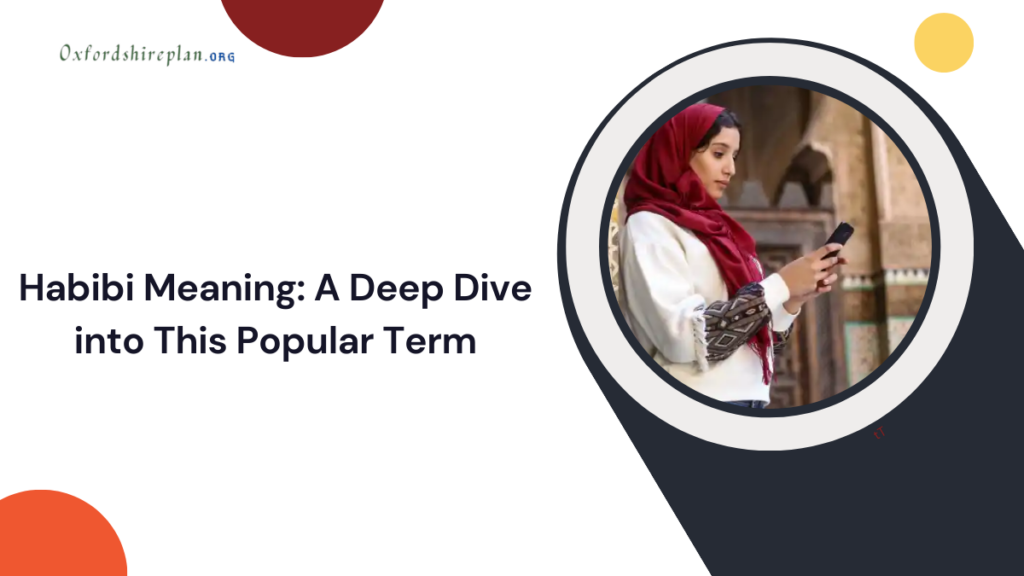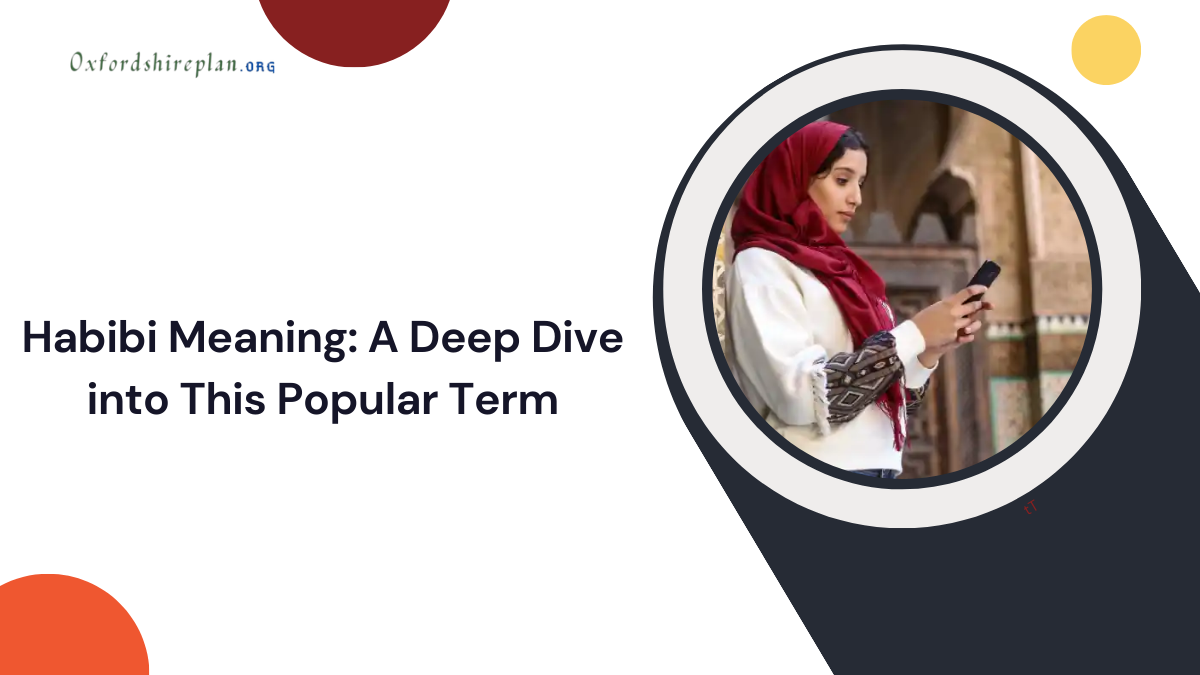The word Habibi is widely recognized and celebrated, especially in Middle Eastern culture. It has crossed borders, appearing in songs, movies, and social media captions, capturing hearts worldwide. But what does it truly mean, and why has it gained so much popularity? Let’s explore the meaning, usage, and cultural significance of Habibi.

Contents
- What Does Habibi Mean?
- How Is Habibi Used?
- 1. In Romantic Relationships
- 2. Among Friends
- 3. With Family Members
- 4. In Songs and Pop Culture
- Why Is Habibi So Popular Globally?
- Quick Reference Table: Habibi Meaning and Usage
- FAQs About Habibi
- 1. Can women use the term Habibi?
- 2. Is Habibi used outside the Arab world?
- 3. What emotions does Habibi convey?
- Conclusion
What Does Habibi Mean?
In Arabic, Habibi (حبيبي) translates to “my beloved” or “my dear.” It is a term of endearment often used to express affection, love, or care for someone. The word is derived from the root word “hubb” (حب), meaning love.
- Gender Variations:
While Habibi is masculine, the feminine equivalent is Habibti (حبيبتي).- Habibi: For men (e.g., “Oh, my dear friend.”)
- Habibti: For women (e.g., “My beloved sister.”)
How Is Habibi Used?
The beauty of Habibi lies in its versatility. It is not restricted to romantic relationships but is also used among friends, family, and even strangers as a friendly gesture.
Here are common contexts where Habibi is used:
1. In Romantic Relationships
- To refer to your partner with affection.
- Example: “Habibi, I miss you so much!”
2. Among Friends
- As a casual, friendly way to address a close friend.
- Example: “How have you been, Habibi?”
3. With Family Members
- To show warmth and love for siblings or children.
- Example: “Goodnight, Habibi.”
4. In Songs and Pop Culture
- Widely used in Arabic and international music to express love and emotions.
- Example: The famous song Habibi Ya Nour El Ain by Amr Diab.
Why Is Habibi So Popular Globally?
The term has transcended its cultural roots for several reasons:
- Melodic Appeal: The word itself sounds lyrical and endearing.
- Pop Culture Influence: Songs, movies, and memes featuring Habibi have gone viral.
- Universal Emotions: Love and affection resonate with everyone, making Habibi relatable.
Quick Reference Table: Habibi Meaning and Usage
| Aspect | Details |
|---|---|
| Meaning | “My beloved” or “My dear” |
| Feminine Form | Habibti |
| Origin | Arabic; derived from the root word “hubb” (love) |
| Usage Contexts | Romantic relationships, friendships, family, pop culture |
| Pop Culture Examples | Songs like Habibi Ya Nour El Ain or TikTok trends featuring the term |
FAQs About Habibi
1. Can women use the term Habibi?
Yes! While Habibi is typically used to address men, women can use it in a casual, non-literal sense to refer to male friends or partners.
2. Is Habibi used outside the Arab world?
Absolutely. The term is now a global phenomenon, used widely in social media captions, music, and conversations, regardless of cultural background.
3. What emotions does Habibi convey?
It conveys love, warmth, care, and affection, making it a deeply emotional term.
Conclusion
Habibi is more than just a word—it’s a feeling. Its global appeal lies in its ability to express love and connection effortlessly. Whether you’re using it with a romantic partner, a friend, or in a fun, casual way, Habibi has a charm that brings people closer.
So, next time someone calls you Habibi, know that you’re cherished
Click here to learn more

I am a dedicated lifestyle and fashion enthusiast, always looking for the latest trends and timeless styles. With a flair for creativity and a passion for self-expression, I provide fresh insights and tips on elevating everyday living and personal style.
















